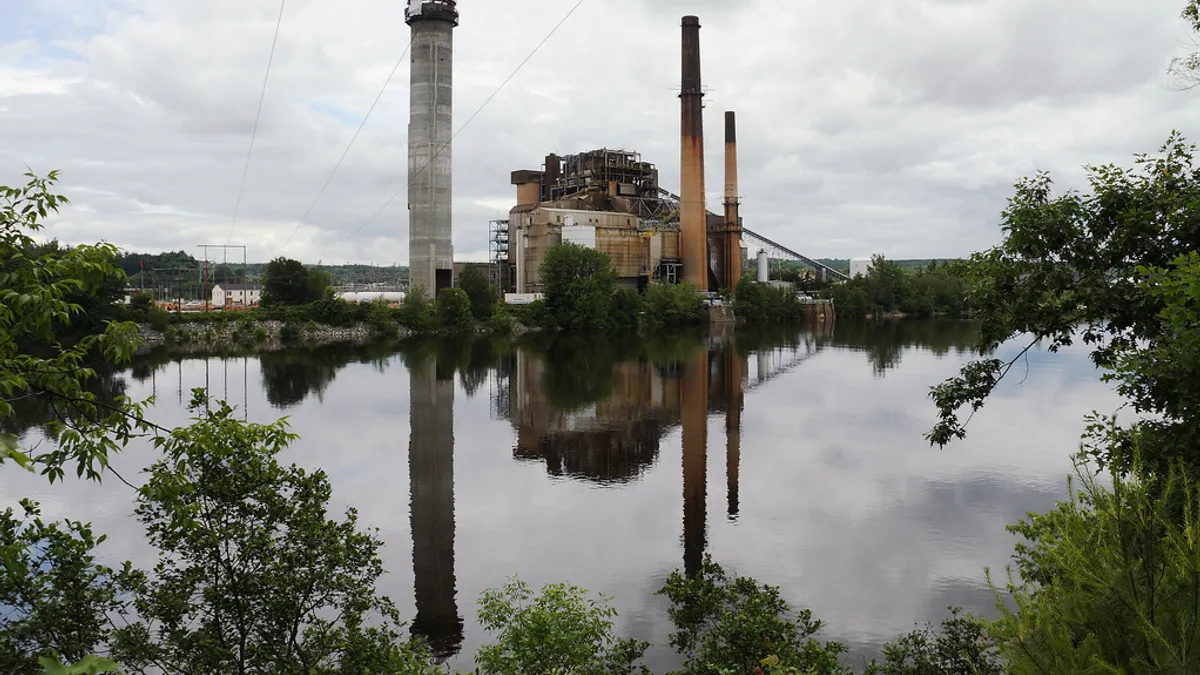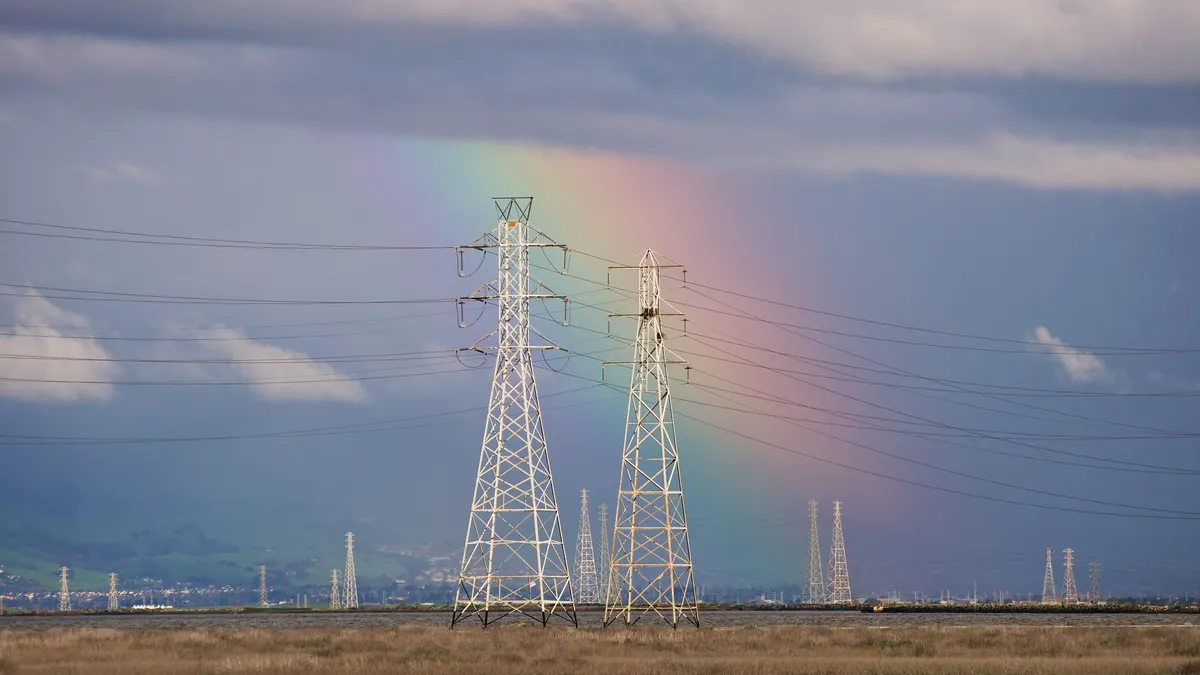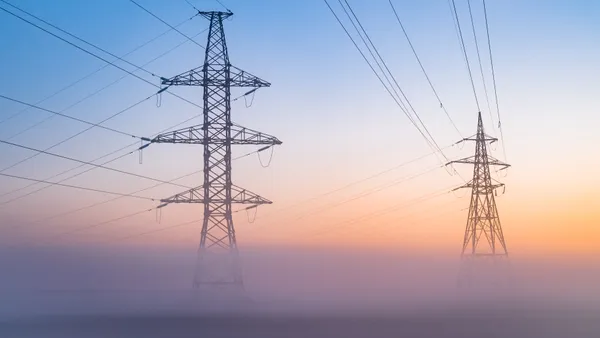Dive Brief:
- The U.S. Environmental Protection Agency intends to review the Steam Electric Effluent Limitations Guidelines the agency issued in 2015, which sought to limit toxic heavy metals discharged into lakes and rivers. The move is a further indication of President Trump's efforts to roll back environmental protections put in place by his predecessor.
- In issuing the rules, the EPA estimated about 12% of almost 1,100 steam electric power plants in the United States would need to be modernized to comply. The rules aimed to reduce toxic discharge by 1.4 billion pounds annually.
- The EPA also said it is putting a hold on requiring compliance with the rule, and will also ask the U.S. Court of Appeals for the 5th Circuit to halt lawsuits over the rule.
Dive Insight:
Responding to a petition from The Utility Water Act Group and the U.S. Small Business Administration, EPA Administrator Scott Pruitt has agreed to reconsider Obama-era limits on toxic water emissions from coal plants. The agency also intends to conduct a notice and rulemaking during the reconsideration period to stay or amend the compliance deadlines for the rule.
"After considering your petitions, I have decided that it is appropriate and in the public interest to reconsider the rule," Pruitt wrote.
When EPA issued the rule in 2015, the agency said it would save Americans $463 million a year through health benefits of reducing chemical pollutants. The decision to review the rule is the most most recent step to to roll back Obama-era protections. Last month, President Trump signed an executive order directing the EPA to review the Clean Power Plan, which aims to cut emissions from existing power plants 32% by 2030.
The EPA's move drew condemnation from green groups. Waterkeeper Alliance attorney Pete Harrison, in a statement, accused Pruitt of conducting a "scorched-earth crusade to sweep aside anything that gets in the way of fossil fuel industry profits ... This rollback gives a blank check to the power companies, and it directly threatens drinking water supplies across the country.”
Some utilities already began addressing the rule as they tackle coal ash waste cleanup efforts. For instance, Georgia Power announced it would shutter 29 coal ash ponds in part to comply with the rule back in 2015. It's unclear how utilities will respond to the review, as controversy over contamination from coal-fired plants continues to dog several Southeastern utilities, such as Duke Energy and Virginia's Dominion Power.















